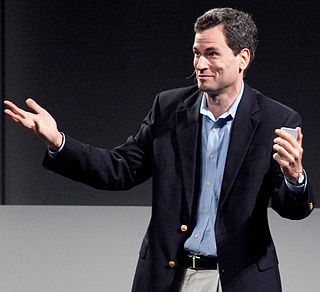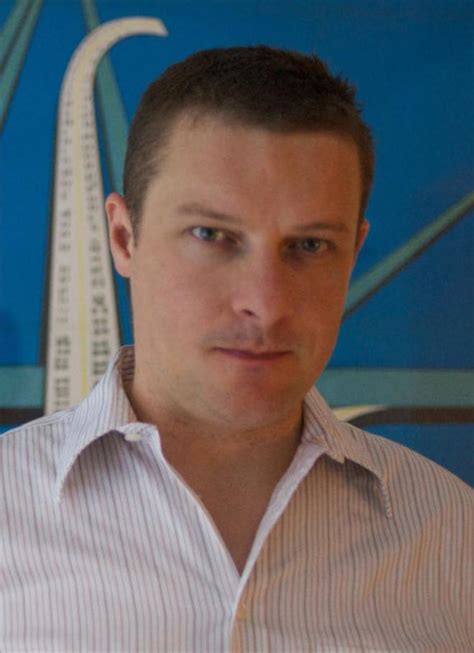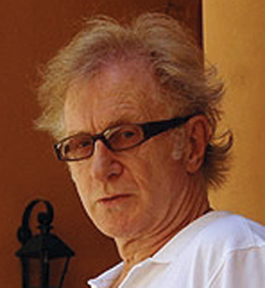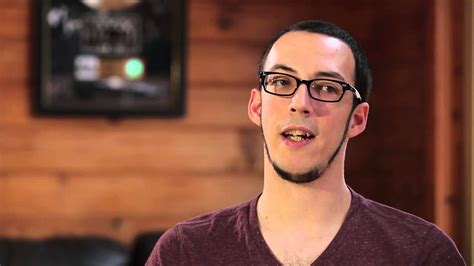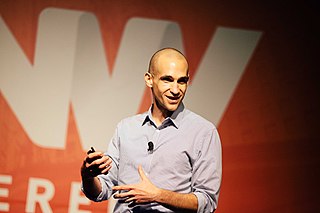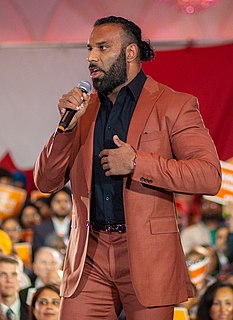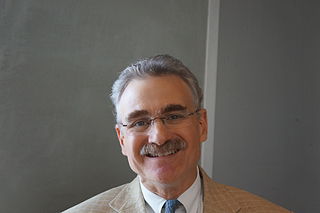Top 208 Audio Quotes & Sayings - Page 4
Explore popular Audio quotes.
Last updated on April 19, 2025.
The biggest surprise watching video on the tiny, 2.5-inch screen (320 by 240 pixels) is completely immersive. Three unexpected factors are at work. First, the picture itself is sharp and vivid, with crisp action that never smears the screen is noticeably brighter than on previous iPods. Second, because the audio is piped directly into your ear sockets, it has much higher fidelity and presence than most peoples TV sets. Finally, remember that a 2.5-inch screen a foot from your face fills as much of your vision as a much larger screen thats across the room.
Larry and I, and a bunch of our colleagues, were sitting on great stories that needed to get out to an audience in one way, shape or form. We've both produced comics in the past, and audio dramas seemed like a similarly interesting option, the other side of the coin. As we've continued with the project, the format has become a vital way for us to tell our stories.
Radio astronomy reflects our fascination with how audio can be used to understand information or ideas. Just as scientists visualize data through charts and pictures, we can use 'data sonification' to translate radio signals into sound that help us better understand some of our most enigmatic planetary systems.
There is a lot of money to be made from miseducation, from the easy to read easy to learn textbooks, workbooks, teacher manuals, educational games and visual aids. The textbook business is more than a billion-dollar-a-year industry and some of its biggest profits come from 'audio-visual aids' - flash cards, tape cassettes, and filmstrips. No wonder the education industry encourages schools to focus on surface education.
WARNING: The following is a transcript of a digital recording. In certain places, the audio quality was poor, so some words and phrases represent the author's best guesses. Where possible, illustrations of important symbols mentioned in the recording have been added. Background noises such as scuffling, hitting, and cursing by the two speakers have not been transcribed The author makes no claims for the authenticity of the recording. It seems impossible that the two young narrators are telling the truth, but you, the reader, must decide for yourself.
For some years now, I've been doing a program called "Sinatra Sings Sinatra." It's been going on virtually since the end of '98. Nineteen ninety-eight was the year Frank Sinatra died. ... Now having reached what would have been his 100th year - I decided back in 2013 when we started to put all of this together, I decided what we should do was the first "Sinatra Sings Sinatra" in which we go audio visual.
You're limited to one image, but you can have 50 audio tracks. It's something you'd be foolish not to experiment with. So I'm also very interested in sound that happens offscreen. I think that's a way to expand the scope of the movie. And it's all very planned out from the script stage. For me, sound design is a major part of the narrative. I think that's what makes working with certain people on the producer level difficult.
Motion capture is exactly what it says: it's physical moves, whereas performance capture is the entire performance - including your facial performance. If you're doing, say, martial arts for a video game, that is motion capture. This is basically another way of recording an actor's performance: audio, facial and physical.
So what's happening with the audio/visuality, for the first time we are doing the music - the people who would come to the concert love the music - they loved him and loved his music - for the first time in concert it's not only the music. Now it's time to know the man. We know the music, but what was the man like?
I get to listen to a lot of this music again doing my DJ work on Little Steven's Underground Garage. To hear Van [Morrison] on Them's version of "It's All Over Now, Baby Blue"- what a vocal, and what an arrangement. Also, I get to hear so many records that I missed the first time around - The Chocolate Watchband, Roky Erikson. It's an audio food fest, a total privilege, a second chance.
I'm a huge fan of voice memos. I put down many ideas there and sometimes I even use some of those audio files in my actual recordings. You get this really raw energy from voice memos that you can't get when you sit down in a studio with a microphone. There's this sense of immediacy, which I'm really drawn to.
I was at art school that had quite a celebrated film course as well. I tried for that film course when I was 18, but they said I was too young. I tried this audio and visual design course instead. Two years later, I reapplied for that higher course, but they said I was still too young and to try in five years.
I noticed a lot of bands always having a few people in the band being interested in recording and audio production, so I got the idea to create products that would appeal to them. Rather than create tools that only engineers could understand, I designed tools that any musician could use and get instant great sounding results.
Our sense of "open" is that the authority to make decisions about that gets distributed based on merit and understanding and participation and leadership, not solely on employment or a title or a business plan. Technical colleagues will define "open" as "open standards," "interoperable" - you can find it, search it, cut and paste it, view source, mix and match - all those things that we associate with text on the Web, that you can continue to do that with audio and video and whatever's next.
We're also looking a lot at graphics and video. We've done a lot on a deep technical level to make sure that the next version of Firefox will have all sorts of new graphics capabilities. And the move from audio to video is just exploding. So those areas in particular, mobile and graphics and video, are really important to making the Web today and tomorrow as open as it can be.
If we have free will, by definition we cannot be granted it. We can't be given it. My [-audio-recording-distorted-] paradox states that 'Of course we have free will, we have no choice.' To say that it's a gift is to negate the whole concept of free will on its face. So, if that isn't self-evident, I can't think of anything that would meet the definition of being self-evident.
I was working on a satirical novel about a charismatic preacher who takes over a small Indiana town. Then I remembered Jim Jones was from Indiana and Googled him. I learned that the FBI had recently released all the documents that agents collected from Jonestown after the massacre - over 50,000 pieces of paper and almost 1,000 audio tapes. I started reading the files and couldn't tear myself away; I find "true" stories inherently more powerful than fiction.
The devices that our kids use are shipped from the factory with every possible audio, visual or vibration alert switched on. Each new app, website, tweet and message adds another layer of intrusion - each intrusion is cynically designed to get a response, and each response creates an appetite for another intrusion.
I was recording my audiobook, and it's so weird. You write things, but then to have to say them out loud in front of people feels so different. So when I was recording my audiobook, I was telling an embarrassing story in front of, like, a room full of audio-tech people that I don't know, and I was like 'Oh my God, this is so cringe.'
Your mental diet largely determines your character and your personality and almost everything that happens to you in life. When you feed your mind with positive affirmations, information, books, conversations, audio programs, and thoughts, you develop a more positive attitude and personality. You become more influential and persuasive. You enjoy greater confidence and self-esteem.
The Bible app is designed to make absorbing the Word as frictionless as possible. For example, to make the Bible app habit easier to adopt, a user who prefers to not read at all can simply tap a small icon, which plays a professionally produced audio track, read with all the dramatic bravado of Charlton Heston himself.
The visuals and the audio, could stand by themselves in a way. But the whole idea of the thing, is that they would exist together. So I think together, they're way more of a stronger thing. You could listen to just the music, or just watch the video, but I think it would really mean... obviously it would just be half the experience.
The Fugazi Live Series site, when we realized the Internet, the way it works - the speeds and its development - made it possible to have one source of infinite copies, was incredible for us. Using tapes or CD's to make copies would have been so unwieldy. We have shows that have zero downloads, which makes me sad, but they're all freely available at any time. The most downloaded show was the one with the best audio quality, but I didn't think it was a very interesting show.
The Huffington Post Investigative Fund's goal is to produce a broad range of investigative journalism created by both staff reporters and freelance writers, with a focus on working with the many experienced reporters and writers impacted by the economic contraction. The pieces will range from long-form investigations to short breaking news stories and will be presented in a variety of media - including text, audio, and video.
As for the differences between audio and the printed page, the sonic aspects of poetry are important to me. I read my poems aloud to myself as I'm composing them. And I enjoy reading to an audience. I think people get tone more easily when they hear a writer read her work. Some people have told me they hear more humor in my poems at a live reading than when they see them on the page. I think that may be a matter of pacing. On the other hand, I've listened to a lot of poetry readings and I know how much you can miss. If you stop to really register one line, you miss the next three or so.
Filmmaking materials are in the hands of more people now than ever before. I would like to think that the more people have these tools, the more people will learn how to use them, it's another argument I would argue for, personally, for art's education. Because there are kids who aren't that literate in screen language and they've got to know how people select shots, how people edit audio, how people combine things to make what they see on the screen. It would be like the 15th century or the 16th century in Germany, and somebody amends a printing press and you don't know how to read and write.
